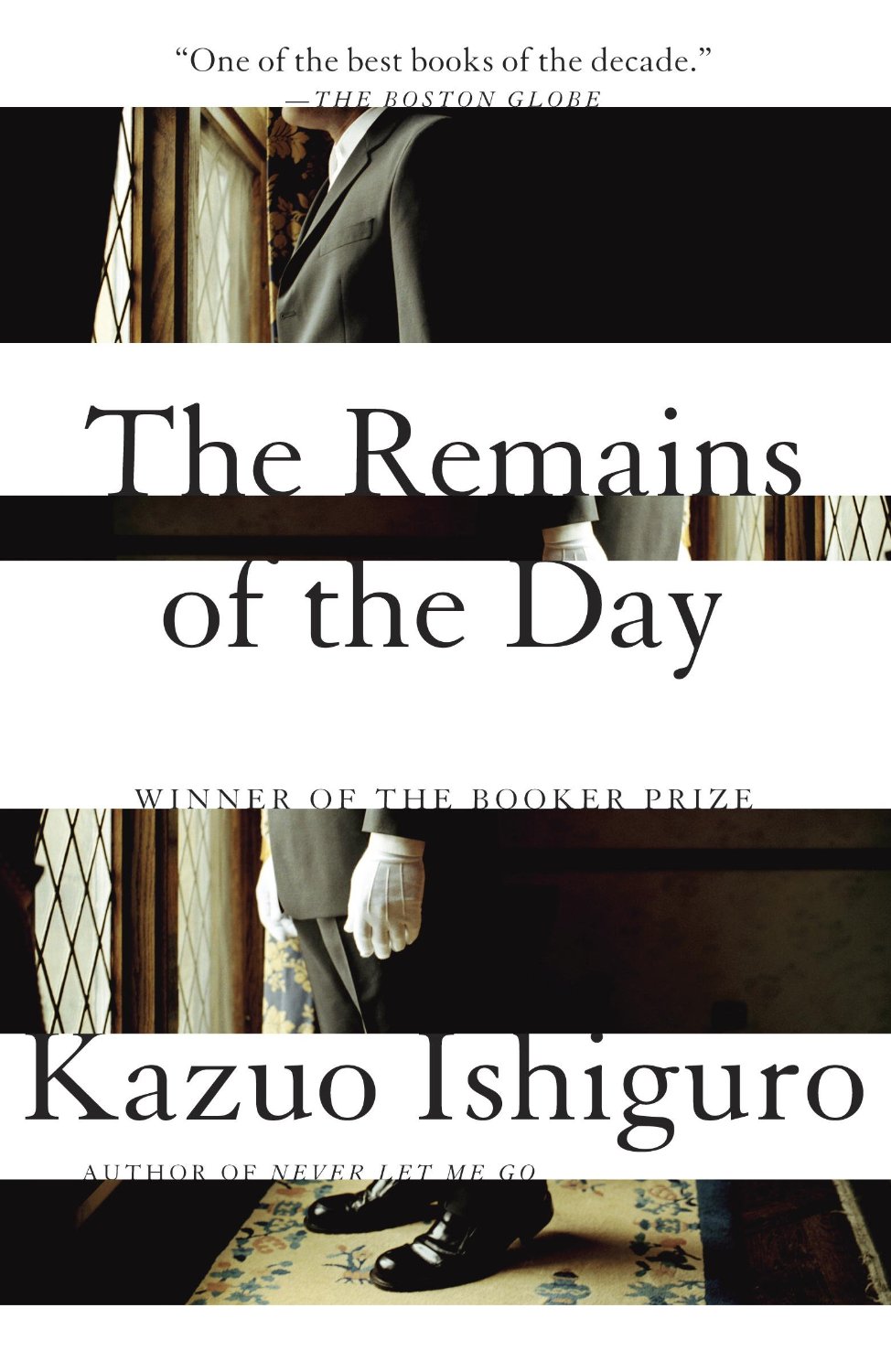In Kazuo Ishiguro’s novel, “The Remains of the Day,” the reader embarks on an introspective journey that transcends mere plot mechanics, forging a profound connection to the themes of duty, regret, and lost opportunities. Set against the backdrop of a post-World War II England, the story is narrated by Stevens, an aging butler who has dedicated his life to serving at Darlington Hall. Through Stevens’ reflective lens, the narrative promises a compelling shift in perspective that delves deep into the human psyche, compelling us to question our own choices and the very essence of our lives.
At its core, “The Remains of the Day” invites readers to grapple with the dichotomy of duty versus personal aspiration. Ishiguro meticulously constructs Stevens as a paragon of professionalism, meticulously dedicated to the art of butlering. Yet, beneath this veneer of stoicism lies a man who has sacrificed his own emotional and personal fulfillment for the ideals of dignity and restraint. As the novel unfolds, it becomes apparent that Stevens’ devotion to his profession is both admirable and tragic. Rather than wielding his life experiences as instruments of self-discovery, he has allowed them to dissolve into the ether of missed chances and unexpressed feelings.
The narrative unfolds in a nearly elegiac tone, as Stevens embarks on a road trip to visit Miss Kenton, a former housekeeper with whom he shared an ambiguous, yet undeniably deep connection. The physical journey serves as a metaphor for Stevens’ internal expedition, one that promises revelations and poignant moments of introspection. Each stop along the way enables him to revisit not just the places where he worked, but the emotional landscape he left untended. Ishiguro deftly intertwines the past with the present, revealing insights that resonate with the human condition. Stevens’ musings draw readers into a labyrinth of nostalgia—a nostalgia that is bittersweet and steeped in longing.
One of the masterstrokes of Ishiguro’s writing is his ability to evoke curiosity about Stevens’ inner world. As he reminisces about his years at Darlington Hall, details emerge that offer contradictions to his self-professed ideals. The reader is constantly teased with glimpses of vulnerability, eliciting empathy while simultaneously prompting deeper scrutiny of Stevens’ choices. For instance, the delicate interplay of his relationship with Miss Kenton highlights not only his emotional reticence but also his inability to grasp the importance of personal connections. This aspect of the narrative not only serves as a foil to his professional prowess but also propels the reader to consider the importance of recognizing and cherishing those we hold dear.
The story’s structure is masterfully executed, with Ishiguro artfully placing Stevens in situations that mirror his internal conflicts. The art of butlering, with its stringent hierarchies and unyielding expectations, contrasts starkly with the rawness of human emotion. This juxtaposition is particularly potent during Stevens’ recollections of a dinner honoring prominent guests—moments where historical significance intertwines with his personal failings. The tension between professional identity and personal reality is palpable, allowing readers to engage in a broader discourse on the sacrifices made in the name of duty.
As the narrative progresses, an palpable sense of inevitability emerges. Stevens’ reflections grow more profound, leading to the central theme of regret—a powerful undercurrent that guides the reader through momentous realizations. He grapples with questions such as, “What does it mean to live well?” and “Have I truly made the most of my life?” These inquiries resonate universally, challenging readers to reflect on their own lives with a discerning lens. Ishiguro’s ability to elevate these personal explorations into something that transcends Stevens is what engenders a deep and lasting connection.
The revelation of Stevens’ emotional suppression—often indicated through his unwavering commitment to decorum—further adds layers to the narrative. At poignant moments, readers can’t help but wonder what lies beneath the façade of professionalism. This thematic exploration culminates in an aching awareness that the human experience is fraught with complexities, and thus, it is critical to embrace vulnerability. The book leverages Stevens’ journey to underscore the importance of self-exploration and authenticity. In choosing to stifle his feelings, he inadvertently ensures that he remains obscured from genuine connection and understanding.
Ishiguro’s prose itself is hypnotic—a blend of simplicity and elegance wrapped in rich, contemplative language. His detailed descriptions not only paint vivid imagery but also evoke the very essence of English countryside life. The serenity of the landscapes stands in stark contrast to the tumult of Stevens’ inner world. Each word is imbued with a sense of purpose; each sentence builds tension, leaving readers yearning to uncover what lies beneath the surface. It is a testament to Ishiguro’s craft that even as the narrative echoes with regret, it also brims with a sense of hope—a hope that is elusive yet palpable.
In conclusion, “The Remains of the Day” serves not merely as a tale of a butler but rather as a timeless exploration of the human condition. It resonates with anyone who has faced the melancholic weight of unfulfilled potential or the wistfulness of missed connections. As readers journey alongside Stevens, they are beckoned to reflect on their own lives, forging an emotional bond that extends beyond the confines of the narrative. The novel is a poignant reminder of the significance of acknowledging our emotions, seizing our moments, and, ultimately, the value of looking within as much as we look outward. In this respect, Ishiguro’s work transcends time, promising a read filled with both introspection and profoundly poignant insights.
